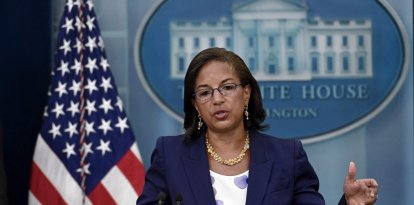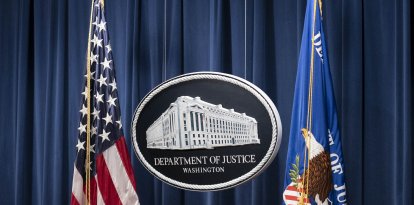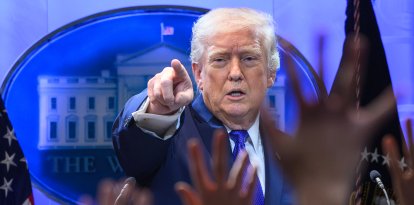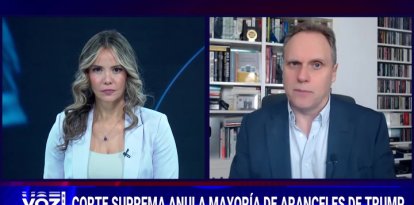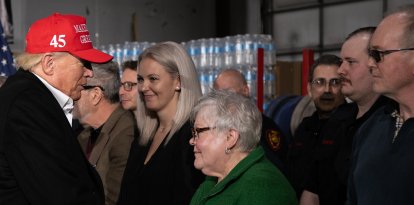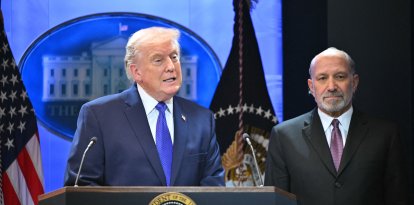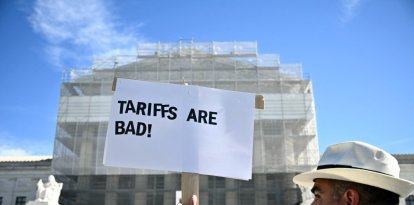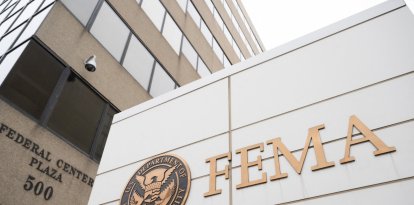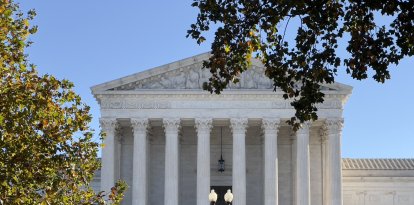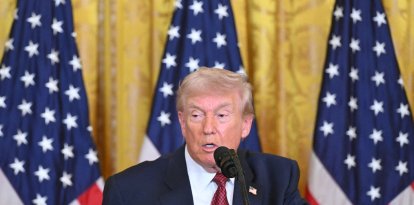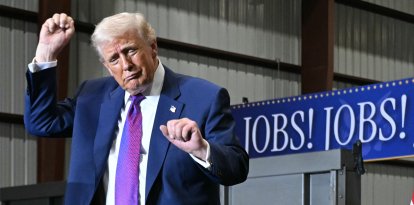Juan González, responsible for the failed White House policy towards Venezuela, leaves his position
He was President Joe Biden's top advisor for Latin America and senior director of the National Security Council for the Western Hemisphere. He will be replaced by Daniel Erikson.

Juan González durante una entrevista con NTN24. (Captura)
Juan González, the man who led the White House's policy of rapprochement with the Chavista regime in Venezuela, will leave his position making way for Daniel Erikson, Washington's current Deputy Undersecretary of Defense for the Western Hemisphere.
González, who was President Joe Biden's top advisor for Latin America and senior director of the National Security Council (NSC) for the Western Hemisphere, will leave his position in mid-March, an NSC spokesperson confirmed to Bloomberg News.
The decision, according to the spokesperson, was made by González and his family in November. An anonymous source familiar with the decision told Bloomberg News that González has young children and had been considering leaving his position for months.
Both González and Erikson are Biden's trusted men, as they were his advisors during his time as Obama's vice president.
In 2019, Erikson, who recognized the rise of former President Hugo Chávez as the origin of the Venezuelan crisis, was critical of the sanctions imposed by the Trump Administration on the Maduro regime.
“I think the White House has taken a very hard approach on sanctions and not been very interested in diplomacy,” Erikson said. “We have seen many actions by the (Donald) Trump administration that include sanctions on the oil sector, individuals accused of human rights violations and corruption. But we haven't seen much diplomacy.”
“Economic pressure, although very important, will not be enough to cause a change in Venezuela,” he stressed.
In the particular case of González, of Colombian origin, criticism has been incessant during these 3 years of service, especially for his approach towards the socialist regime of Nicolás Maduro.
González, along with Brian Nichols, Undersecretary of State for Western Hemisphere Affairs, worked closely to design Washington's strategy to approach Caracas through partial sanctions relief, in exchange for “free” elections in 2024.
However, sanctions relief, and other controversial agreements between the Biden Administration and the Maduro regime, such as the release of front man Alex Saab or of the famous “narcosnephews”, have been counterproductive in the quest to democratize Venezuela, one of the supposed objectives behind the White House's failed strategy.
In recent months, in the midst of negotiations for Saab and after the relief of sanctions, the Maduro regime intensified its persecution against opponents, human rights defenders, journalists and soldiers through its attorney general, Tarek William Saab, one of the leaders of Maduro's dictatorship.
One of the most targeted people has been María Corina Machado, the leader of the Venezuelan opposition, whose entourage has been accused by Maduro's Prosecutor's Office of multiple unfounded charges, including that of an alleged conspiracy against the homeland related to the conflict between Venezuela and Guyana.
Machado herself has suffered politically from the persecution of Maduro's government.
Last month, in fact, Washington's goal of holding free elections in Venezuela suffered a severe setback after the country's Supreme Court of Justice, dominated by Chavismo, confirmed the ban on Machado from participating in the presidential elections of this year.
In this way, the Maduro regime openly violated the Barbados Agreement, supported by the Biden Administration, and also mocked Washington's rapprochement efforts. Without Machado on the ballot, experts, analysts and leaders of the international community affirm that there is no possibility of free elections in Venezuela.
Furthermore, Maduro's government is not only destroying elections supported by Washington, it is also attacking human rights defenders and their families.
Just this week, the Maduro regime accused the renowned Venezuelan activist Rocío San Miguel of “treason”, “terrorism” and “conspiracy” and she had been arrested by Maduro's security forces, according to the legal team of the Venezuelan activist.
In addition to San Miguel, several of her relatives, including her daughter, two brothers, her father and her ex-husband, were also captured and disappeared by the dictatorship.
Now, all of them, except Rocío San Miguel, have been released, as confirmed by the legal team, but under the condition that they must appear in court periodically as well as being prohibited from leaving the country.
Meanwhile, San Miguel will remain in the fearsome Helicoide, the largest torture center in Latin America. She and her family members were missing for more than a hundred hours.













